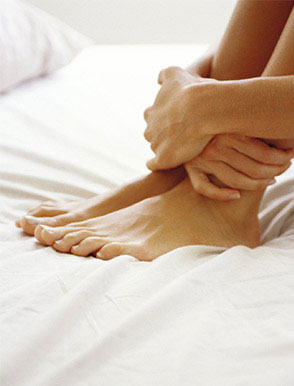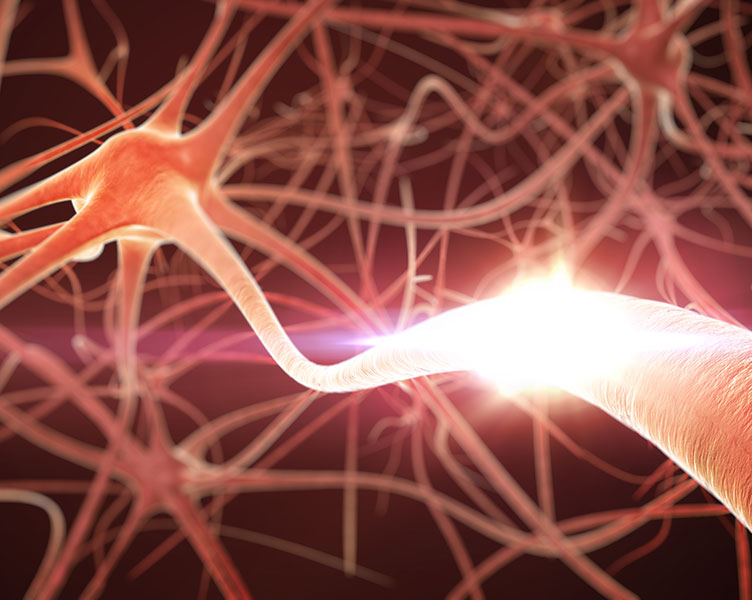
Urinary problems can be age related or result from an underlying physical condition. A wide range of conditions can cause urinary problems.
Medical conditions causing urinary issues:
- Weakening of the pelvic floor due to childbirth or surgery
- Enlarged prostate (BPH)
- Prostate or bladder surgery
- Bladder cancer
- Damage to the nervous system (neurogenic conditions)
Changes with age
Ageing of the bladder muscle can decrease the bladder's capacity to store urine. Ageing of the pelvic floor muscles may lead to a weak pelvic floor and incontinence.
Menopause
After menopause, women produce less oestrogen, a hormone that helps keep the lining of the bladder and urethra healthy. The weakening of this tissue can cause incontinence.
Pregnancy
Hormonal changes and the increased weight of the uterus can lead to stress incontinence.
Childbirth
Vaginal delivery can weaken muscles needed for bladder control and can be associated with incontinence.
Post surgery
Any surgery that involves the reproductive system, may damage the supporting pelvic floor muscles, which can lead to incontinence.

Enlarged prostate
An enlarged prostate (BPH) is common among men above the age of 40 and can have an impact on daily life, as urinary symptoms may become more frequent as the prostate grows. The problem can become very bothersome and lead to retention.
Cancer
A tumour anywhere along the urinary tract can block the normal flow of urine, leading to overflow incontinence.
Urinary stones
Hard, stone-like masses that form in the bladder — sometimes cause urine leakage.
Neurogenic conditions
Urinary symptoms vary depending on where the neurological damage occurs and how severe it is.
Neurogenic conditions include:
- Spinal cord injury
- Multiple sclerosis
- Spina bifida
- Type 2 diabetes
- Stroke
- Parkinson’s disease
- Brain tumours
Even if your bladder problem is age-related and not coming from an underlying condition, you should still see a healthcare professional about it.



